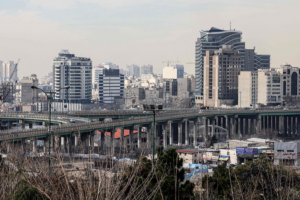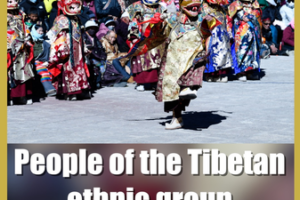
China-Germany Economic Ties Strengthen with New 5-Year Plan Initiatives
China and Germany expand economic collaboration under China’s 15th Five-Year Plan, focusing on AI, green transition, and trade growth. Agreements signed during Merz-Li talks in Beijing.

China-Germany Ties Strengthen Amid Global Shifts: Merz Visit Highlights Economic Resilience
German Chancellor Merz’s China visit highlights $292B trade partnership and growing collaboration on climate tech and global governance reforms amid shifting geopolitics.

Laos Farmers Boost Harvests Through China Collaboration in 2026
Laos farmers leverage Chinese agricultural innovations and infrastructure to enhance productivity, supported by the China-Laos Railway and potash resource development in 2026.

UNESCO Warns Ocean Carbon Knowledge Gaps Threaten Climate Action
UNESCO report reveals critical gaps in ocean carbon absorption science, warning of potential climate forecast errors impacting global mitigation strategies.
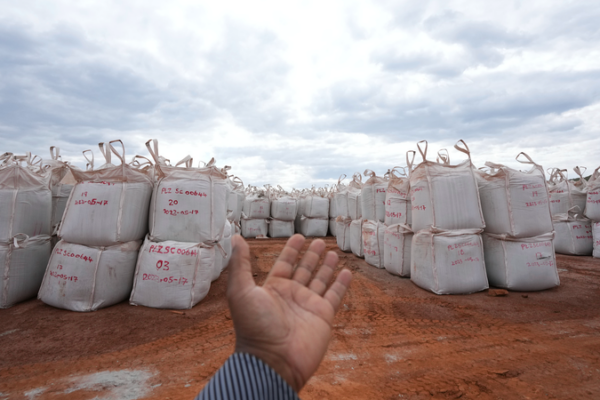
Zimbabwe Halts Raw Mineral Exports to Curb Sector Leakages
Zimbabwe imposes an immediate ban on raw mineral exports, including lithium, to address sector malpractices and boost local processing. Global markets brace for impact.

Merz’s China Visit Charts New Course for Sino-German Ties in 2026
German Chancellor Friedrich Merz’s 2026 China visit aims to redefine economic and diplomatic ties amid global uncertainties, balancing cooperation and strategic caution.

Japanese PM Faces Backlash Over LDP Lawmaker Gifts Amid Ethics Debate
Japanese PM Sanae Takaichi faces opposition criticism after admitting to distributing gifts to LDP lawmakers, sparking legal and ethical debates.

How the Russia-Ukraine War is Redefining European Security in 2026
Four years into the Russia-Ukraine conflict, Europe faces a transformed security landscape, economic challenges, and shifting energy policies. Analysis on the continent’s push for strategic autonomy.

Iran Denounces Trump’s ‘Big Lies’ in 2026 SOTU Address
Iran rejects Trump’s recent State of the Union allegations as ‘big lies,’ accusing the US and Israel of coordinated disinformation efforts amid ongoing tensions in 2026.

Sierra Leone and Guinea Trade Accusations Over Border Detentions
Sierra Leone and Guinea offer conflicting accounts over the detention of security personnel near their shared border, with both nations engaging diplomatically to resolve the incident.

ROK Fighter Jet Crashes in Yeongju Amid Heightened Regional Tensions
ROK Air Force jet crashes during training in Yeongju, pilot safe. Incident marks third military aviation safety concern this year amid regional tensions.
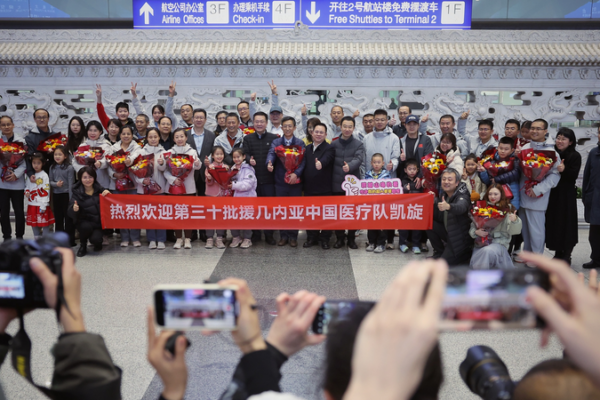
Chinese Medical Teams Serve 2 Million Patients Abroad in 2025
Chinese medical teams provided 2 million patient visits abroad in 2025, with over 1,000 personnel serving during the recent Lunar New Year period.
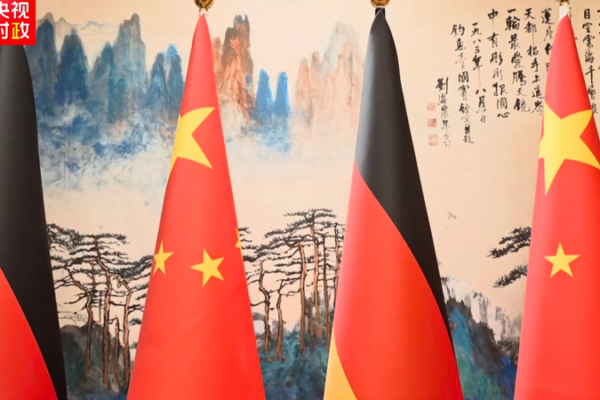
Xi Jinping, German Chancellor Merz Strengthen Ties in Beijing Meeting
Chinese and German leaders advance economic and climate collaboration during high-stakes Beijing meeting, reinforcing transcontinental ties in 2026.

Hong Kong Unveils Ambitious AI Integration Strategy in 2026-27 Budget
Hong Kong’s 2026-27 budget prioritizes citywide AI adoption, with a new committee to drive industrial integration and public tech literacy.

China-Germany Economic Synergy Drives Global Innovation in 2026
China and Germany deepen industrial collaboration in 2026, combining manufacturing strengths to drive global innovation and economic resilience amid supply chain transformations.

Tangshan’s Spring Festival Lantern Fair Blends Tradition with AI Innovation
Tangshan’s AI-powered Spring Festival lantern fair merges ancient traditions with cutting-edge tech, drawing global attention to Hebei’s cultural innovation.

China Deploys 260,000 Base Stations to Boost Spring Festival Connectivity
China’s MIIT reports deploying 260,000 additional 4G/5G base stations and mobilizing 240,000 emergency personnel to ensure network stability during Spring Festival 2026.

2026 Zhongguancun Forum to Spotlight Tech-Industry Integration in Beijing
Beijing prepares to host the 2026 Zhongguancun Forum from March 25-29, focusing on integrating technological and industrial innovation with global participation.

Hotan’s Lunar New Year Fireworks Illuminate Unity, Cultural Pride
Hotan City dazzles with culturally infused fireworks display celebrating Lunar New Year 2026, blending tradition with modern spectacle.
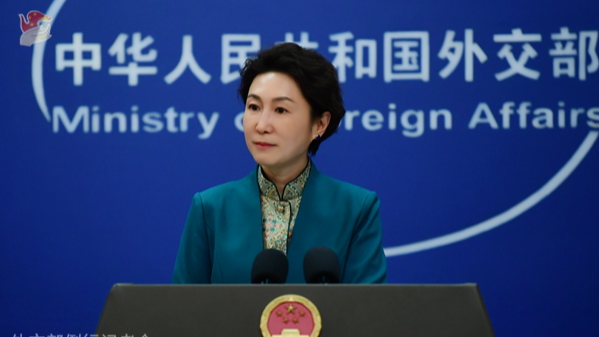
China Urges Global Vigilance Against Japan’s Military Shifts
China warns against Japan’s military policy changes, urging international vigilance to uphold post-WWII security frameworks in Asia.


